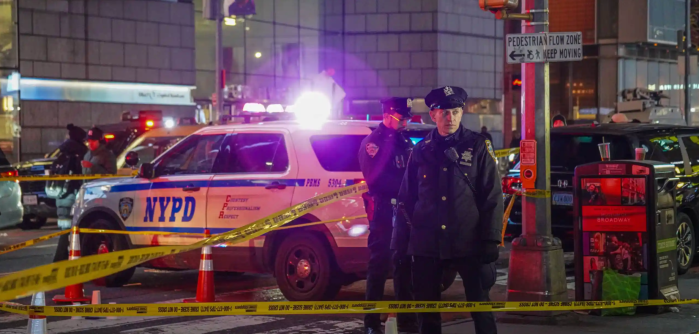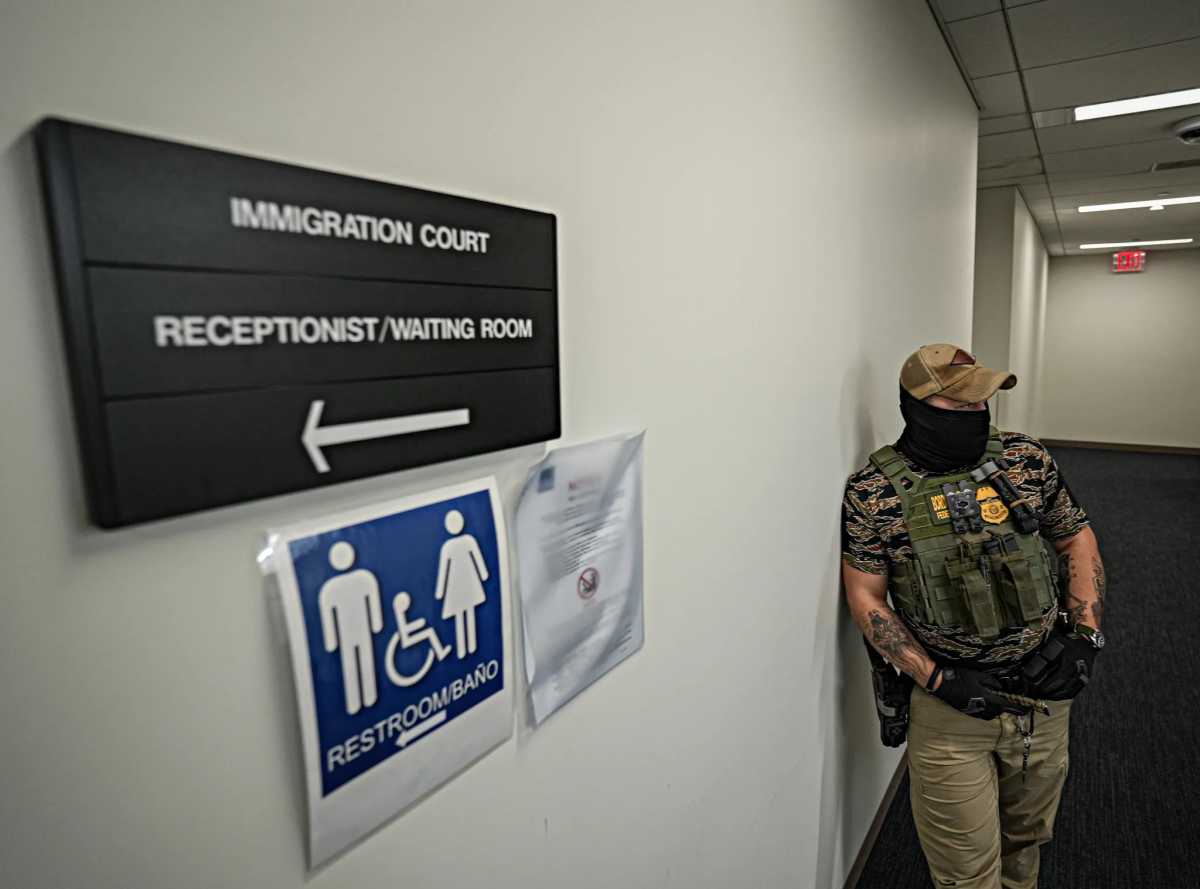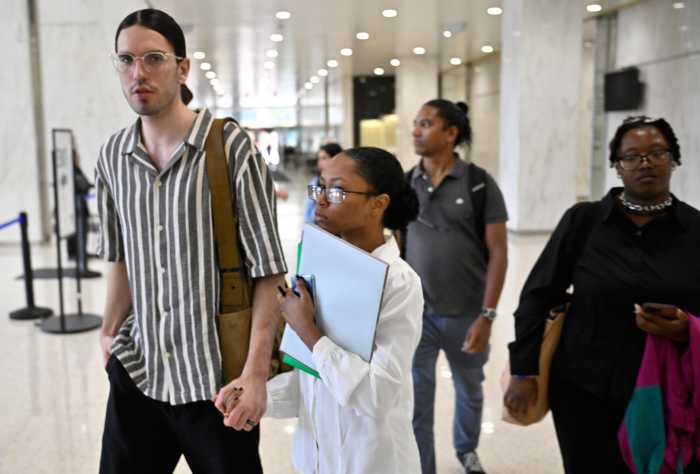
Several hundred people gathered near City Hall on Thursday, including several City Council members, to push for a vote on two pieces of police reform legislation.
The two bills, which together make up the Right to Know Act, call on police to identify themselves and give out business cards during stops, as well as seek consent to search people when there is no probably cause.
“We can’t keep on having police brutalize our people and getting away with it,” said Constance Malcolm, who’s son, Ramarley Graham, was killed by police in 2012. Malcolm also took the opportunity to appeal to Mayor Bill de Blasio after she requested a meeting with him.
“Mayor de Blasio, I’ve been trying to meet with you for two months. He’s dodging me right now,” she said. “I’m here to say today: De Blasio, if you don’t meet with me my next campaign is to get rid of you.”
A city official, however, said the disciplinary process for the officers involved in Graham’s death started last month and it would be “inappropriate” to discuss it while it is still ongoing.
As far as the bills are concerned, de Blasio has said he is concerned the bills could inadvertently make it harder for police to do their jobs.
“From reducing Stop and Frisk and reforming marijuana arrest policy to launching neighborhood policing and piloting body cameras, we’ve taken clear steps to reduce unnecessary arrests and strengthen NYPD’s relationship with the community while keeping New York the safest big city in America,” City Hall Spokeswoman Monica Klein said in an email.
Police Commissioner Bill Bratton has also voiced opposition to the bills, calling them “overkill” in the past.
Council Member Jumaane Williams, who represents several neighborhoods in Brooklyn, including Flatbush, said the community’s trust in the NYPD is down.
“It’s about building the trust so they can do their job and we can trust them when they do it,” he said. “There’s nothing to fear with these two pieces of legislation. There’s only something to fear if we can’t get these two pieces of legislation out.”
Council Member Antonio Reynoso, who represents parts of Bushwick and Williamsburg in Brooklyn and Ridgewood in Queens, said the bill represents “basic” and “simple” rights.
“This is about improving the relationship, not hurting it,” he said. “Those are two things that are already our rights. All we’re saying is you should inform us of our rights.”





























